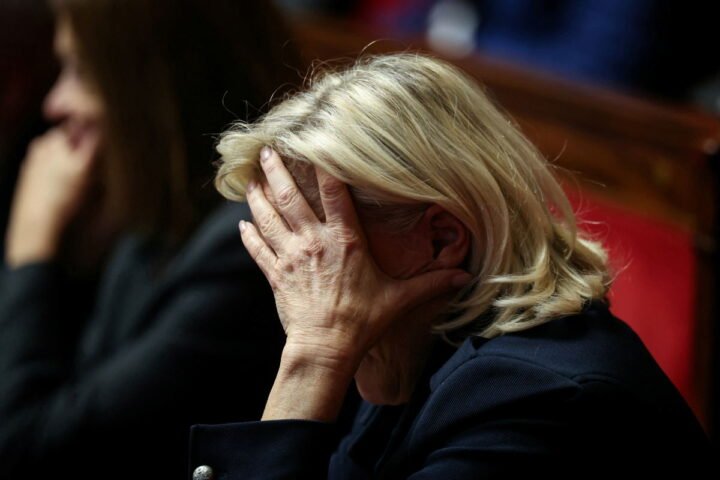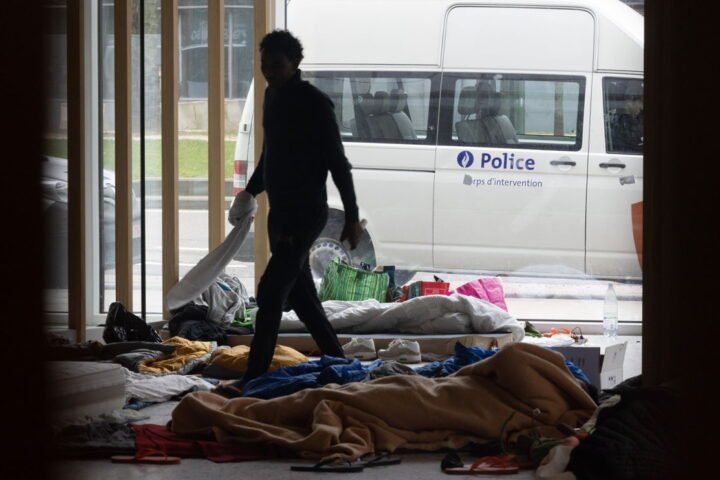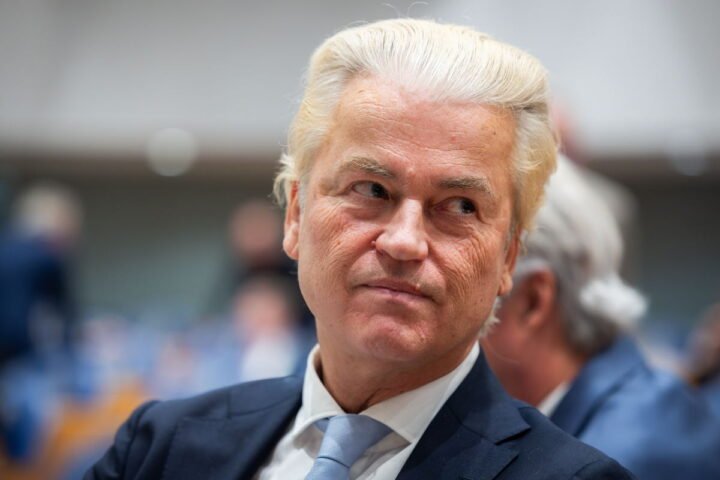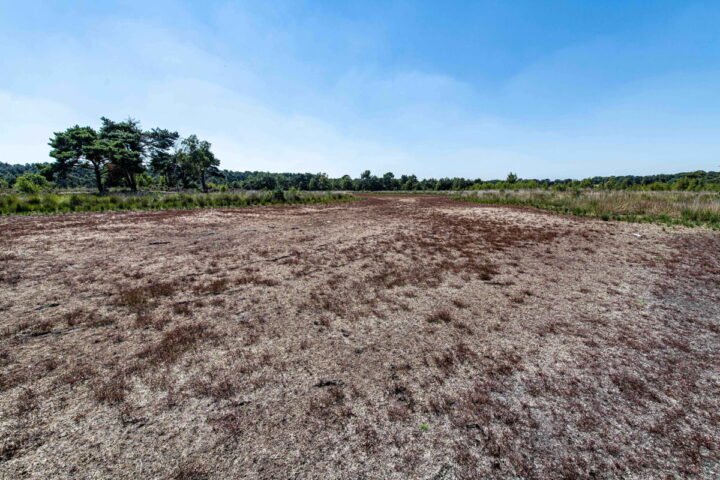Urgent Developments in European Affairs
Recent events have intensified tensions within the European Union, as member states grapple with rising economic challenges and geopolitical pressures. A significant discussion surrounds the EU’s stance on trade relations and energy security amid external conflicts, elevating the urgency for cohesive action. Notably, the bloc is confronted with competitive trade practices from key partners, prompting calls for a unified response, reports 24brussels.
As economic indicators show signs of decline, several EU nations are expressing concerns over the potential impact on domestic welfare and political stability. The situation accentuates the necessity for strategic alliances and reforms to foster resilience among the member states. Recent statements from high-ranking officials emphasize the importance of maintaining solidarity to navigate these turbulent times effectively.
In a notable development, the European Commission has proposed new regulations aimed at enhancing energy independence, reflecting a proactive approach to safeguarding member states from fluctuating global energy markets. This initiative is seen as crucial for not only securing supply chains but also addressing environmental objectives aligned with the EU’s long-term sustainability goals.
In parallel, diplomatic engagements have intensified, notably with strategic partners in Eastern Europe, highlighting the EU’s commitment to fostering stability and cooperation in the face of unprecedented challenges. The shifting geopolitical landscape necessitates an agile response from the bloc, as external pressures threaten to disrupt internal harmony.
The implications of these developments are profound, urging member states to reassess their policies and collaborative frameworks. Political leaders across Europe are being urged to prioritize attainable goals that reflect both national interests and the collective welfare of the union. Engagement with civil society and transparent communication are pivotal as the EU navigates this precarious juncture.
As discussions unfold, the trajectory of EU policies will significantly shape not only the economic landscape but also the political fabric of the union, leaving many observers keenly awaiting the outcomes of ongoing dialogues.










